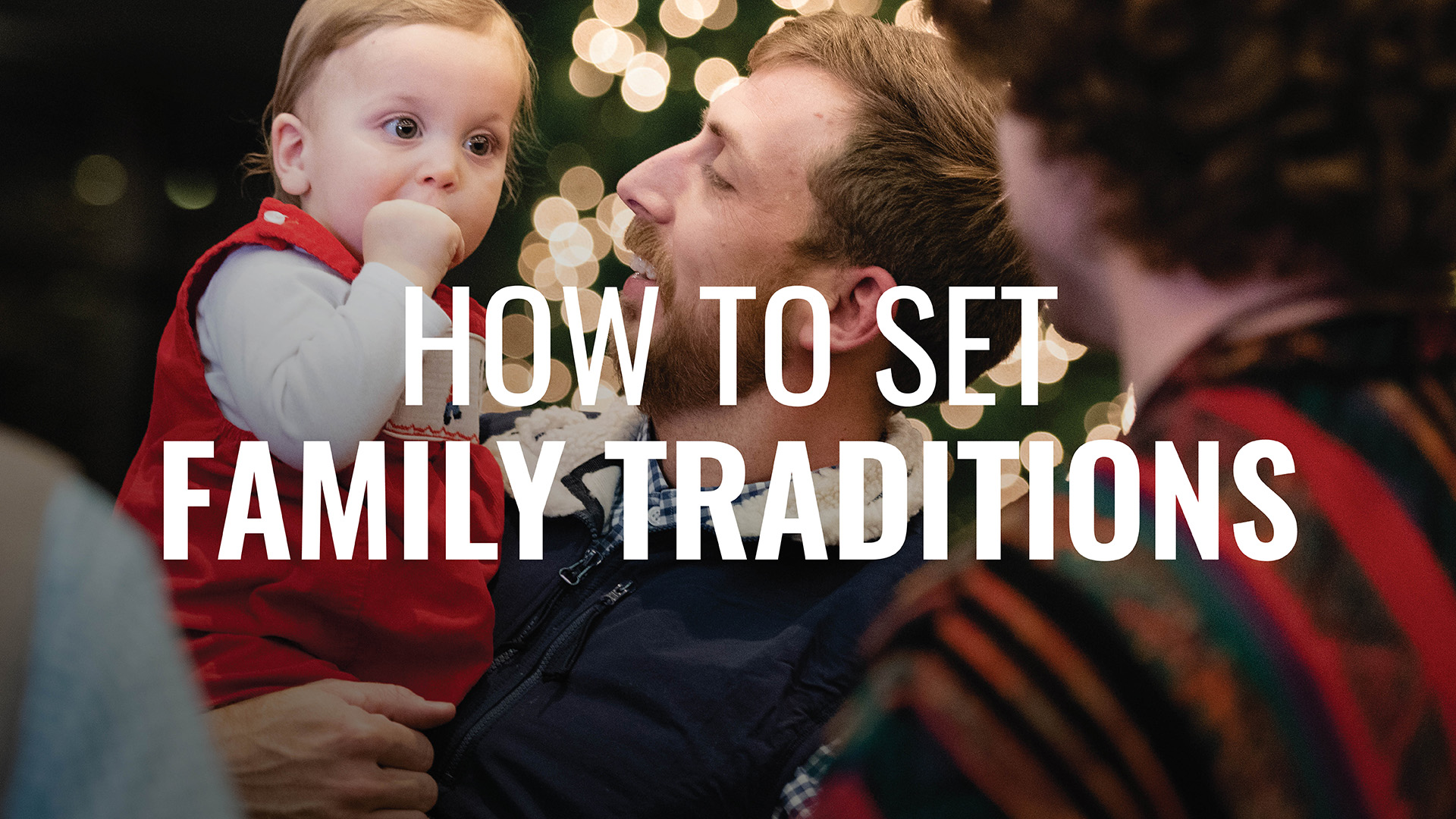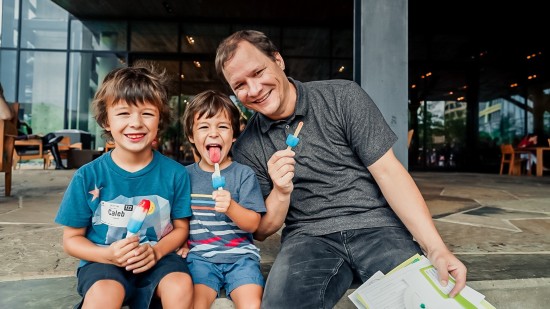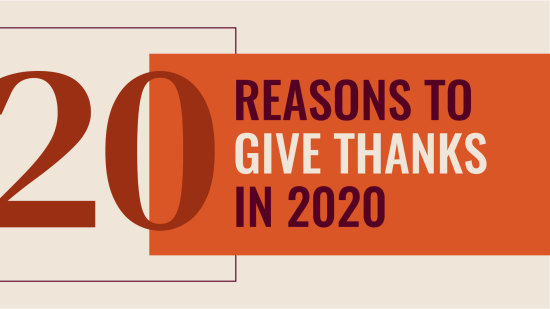More than any other time of year, the Christmas season is known for its traditions. It is a time when people make memories with their families or friends.
However, everyone has natural transitions in life where traditions have to change. Perhaps you are living on your own as an adult for the first time. Or you might be a newlywed or a new parent and have your own family to create traditions for. Maybe you have no “home” to go back to for the holidays, because your parents or grandparents have moved or passed away.
Whatever the reason, and whether you are saddened or excited about the change, you can still have a memorable Christmas by creating new traditions that you will look forward to (and look back fondly on) for years to come.
Make It Simple
A tradition is any established thing that you do regularly, whether that means every year (like holiday traditions), every week (pizza night), or every time the Cowboys are playing (go ahead and retire that lucky shirt—it’s not working).
This means that literally anything can be a tradition—which should be a comforting thought if you are trying to come up with something new. It could be anything. It doesn’t have to be big, or complicated, or a “traditional” tradition.
In fact, some of the simplest traditions can be the most powerful. Most of the traditions you remember from your childhood probably aren’t that complex, and traditions are easier to keep going if they are something you can explain in a sentence or two.
This is also good news when you find yourself limited in what you can do—traditions don’t have to involve a large gathering, a special location, or a large budget. You can build wonderful traditions in your own home with whatever family or friends might be with you.
Make It Meaningful
Traditions can just be silly fun; they are not required to have a deeper meaning or purpose. However, traditions become important when they remind us about what is really important—such as when a Christmas tradition points to the reason we celebrate Christmas.
That’s a major purpose of traditions and holidays in Scripture. For example, Israelites were instructed to eat unleavened bread at Passover to remind them about the events of the very first Passover (Deuteronomy 16:3). Communion is to be done in remembrance of Christ’s sacrifice for us (1 Corinthians 11:23-26).
Traditions can also be meaningful in how they bring you together as a family, help you grow in oneness with your spouse, or grow you in your relationship with Christ.
It’s still a good idea to make your family traditions fun; a tradition won’t last if people don’t want to do it again. But think about how you can make it fun with a purpose.
Make It Your Own
A tradition can help bring you together (and keep you together) as a family because it is your tradition. It belongs to your family. It is a shared experience that everyone in your family can remember and identify with, even if it’s something that people outside your family wouldn’t understand. Traditions provide a common language for your family; you all know the importance of “the sweater” or what the surprise is in the “green bean surprise.”
That doesn’t mean your traditions have to be completely unique. There is “nothing new under the sun,” after all (Ecclesiastes 1:9). But you can still come up with something that fits your family, that matches your personalities and interests, and helps define who you are and what you are about.
Easy Examples
As we’ve said, a tradition can be anything. However, if you are struggling to come up with ideas, here are a few examples. These are all relatively simple things that anyone can do, even if you are not going anywhere or having anyone come visit for Christmas.
- Have daily Advent devotionals. Advent devotionals are an easy way to “make it meaningful” while building anticipation and building up to Christmas day.
- Read the Christmas story on Christmas Eve or Christmas morning. The story is covered in the first two chapters of Matthew and Luke. Our suggestion: read Luke 1:26-38 (an angel appears to Mary), then Matthew 1:18-25 (Joseph’s reaction), Luke 2:1-21 (Jesus’s birth), and Matthew 2:1-12 (the wise men).
- Build something special. One family we know got the biggest LEGO set available, spent all day putting it together, and then later disassembled it and resold the set on eBay.
- Cook something special. Make a special food that you don’t have any other time of year. It could be tamales, egg rolls, mincemeat pies, or whatever says “Christmas” to you. The important thing is that you make it together and eat it together.
- Watch something special. Nothing says “tradition” like watching the same 60-year-old Christmas special that your parents and grandparents saw as children.
- Play a game. It could be any kind of game: board games, card games, sports, etc. Keep a written record of who wins each year.
- Decorate the house. Even if you’re spending the holidays in the same place you live every other day of the year, decorating for the season will help make it feel like a special time.
- Look at other people’s decorations. Take a walk or drive around your neighborhood in the evening to appreciate the displays that they’ve put together for people like you.
Of course, you can also come up with your own ideas. Try to come up with multiple small traditions. That way, if one of them doesn’t seem to catch on, it’s not a problem; you can drop that one in future years while keeping the ones you like.
Remember that every tradition starts somewhere; just because something is new or different from what you’ve done in the past doesn’t mean it can’t become a cherished tradition. Even Christmas trees were not a tradition for the first 1500 or so Christmases.
Finally, don’t put pressure on yourself. Traditions can be a good thing, but don’t stress out over them. Christmas is not about performing, being “good enough,” or meeting some impossible standard. Instead, it is about the gift of a Savior who makes such performance unnecessary.
Join us this Christmas Eve at Watermark! We will have five services to celebrate our Savior’s birth: 9 AM, 11 AM, 2 PM, 4 PM, and 11 PM … plus a Watermark En Español service at 4 PM. More details here.



